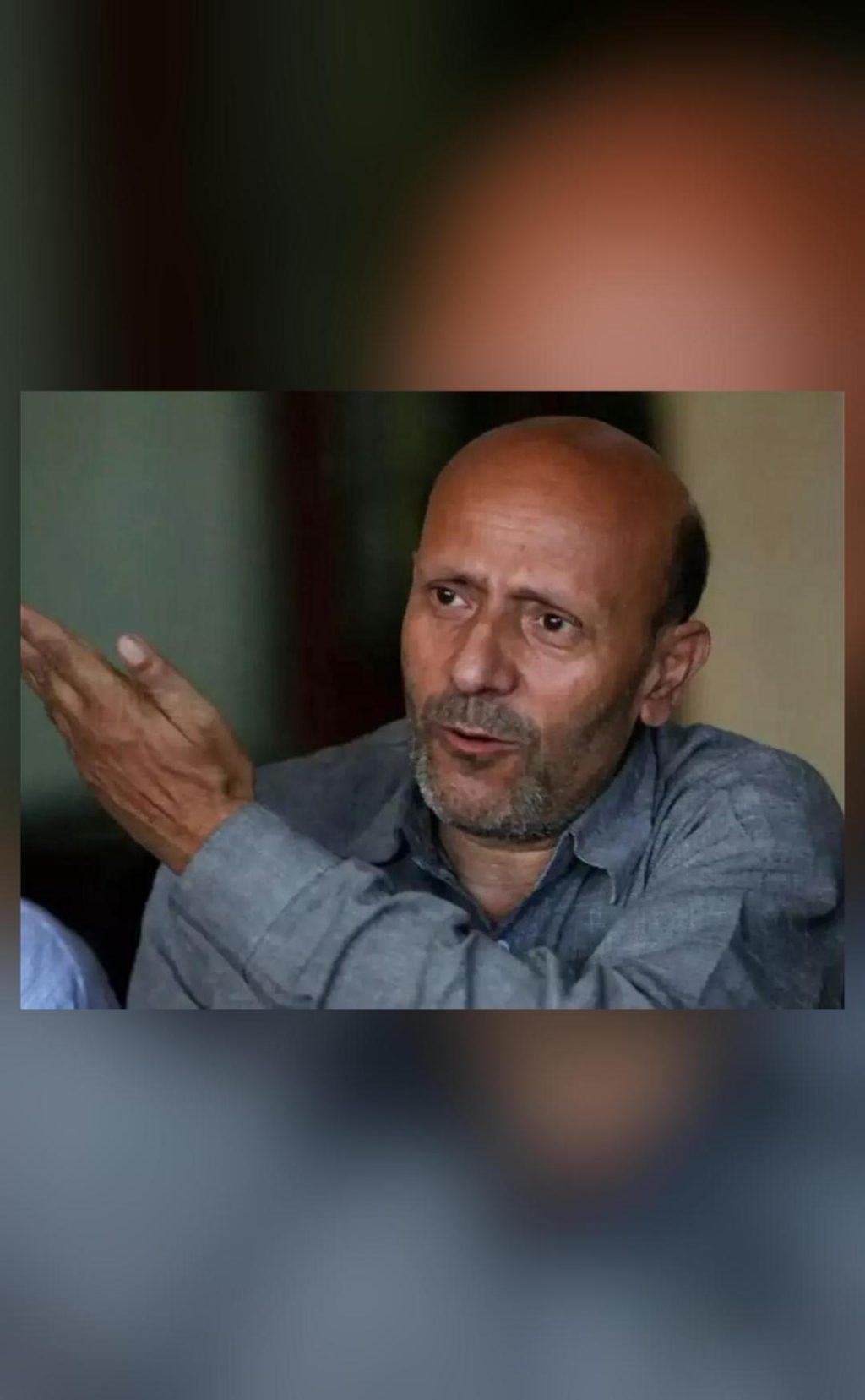
Jailed J&K MP Engineer Rashid gets parole to attend Parliament
In a significant development, the Delhi High Court has granted two-day custody parole to jailed Baramulla Member of Parliament (MP) Engineer Rashid to attend the ongoing budget session of Parliament. The court imposed several conditions on him, including a ban on using phones, the internet, and speaking to media or anyone else.
Engineer Rashid, a vocal critic of the government’s policies in Kashmir, has been in Tihar Jail since June 2017 in connection with a terror funding case. The court’s decision to grant him parole comes as a welcome relief for the MP, who has been struggling to attend parliamentary sessions due to his imprisonment.
The two-day parole was granted by a single-judge bench of the Delhi High Court, comprising Justice Suresh Kumar Kait. The court directed the police to escort Engineer Rashid to and from Parliament and imposed several conditions to ensure that he does not misuse the parole.
According to the conditions, Engineer Rashid is not allowed to use phones, the internet, or any other electronic device that can be used to communicate with the outside world. He is also barred from speaking to media or anyone else during his parole period. The court has also instructed the police to ensure that Engineer Rashid does not leave the Parliament complex or the designated area during his parole.
The court’s decision was based on the submission made by Engineer Rashid’s counsel, who argued that the MP was a member of Parliament and had the right to participate in the budget session. The counsel pointed out that Engineer Rashid had been cooperating with the investigation and had not misused his parole earlier.
The Delhi High Court’s decision has sparked a mixed reaction, with some hailing it as a victory for parliamentary democracy and others criticizing it as a concession to a political opponent.
Engineer Rashid’s party, the National Conference, welcomed the court’s decision, saying that it was a testament to the MP’s commitment to his duties as a parliamentarian. “Engineer Rashid has always been a strong voice for the people of Kashmir and his participation in Parliament is essential to ensure that their issues are heard and addressed,” said a party spokesperson.
However, some critics have questioned the court’s decision, arguing that it undermines the government’s efforts to combat terrorism and militancy in Kashmir. “Engineer Rashid is facing trial in a terror funding case and granting him parole to attend Parliament is a contradiction in terms,” said a government spokesperson.
The controversy surrounding Engineer Rashid’s parole is unlikely to die down soon, with both sides dug in and unwilling to back down. However, the court’s decision has at least ensured that the MP can attend the budget session and participate in the parliamentary proceedings.
In conclusion, the Delhi High Court’s decision to grant Engineer Rashid a two-day custody parole to attend Parliament is a significant development that highlights the complexities of parliamentary democracy in India. While the court’s decision may have sparked a mixed reaction, it is clear that Engineer Rashid’s participation in Parliament is essential to ensure that the voices of the people of Kashmir are heard and addressed.






